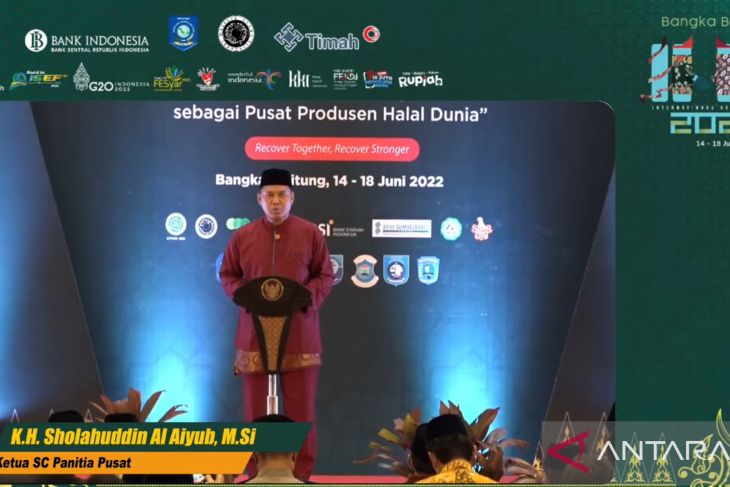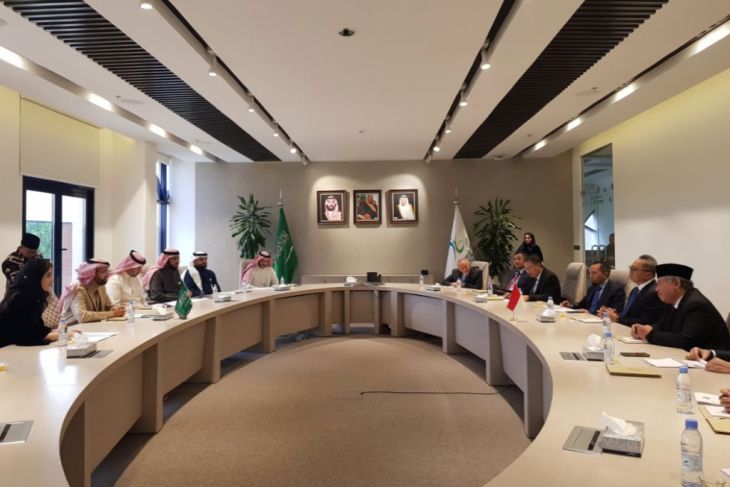
Jakarta (ANTARA) – Industry Minister Agus Gumiwang Kartasasmita has stressed the need for Indonesia to reposition itself as a global halal industry leader as the national sharia economy has shown some good improvements.
“On the global scale, currently, the indicators of Indonesia’s sharia economy keep getting better, and (the country) managed to secure the fourth position globally. We, as a big nation, need to reposition ourselves as the global leader in halal industry,” he said in a statement received here on Tuesday.
Indonesia is home to 241 million Muslims — as per 2022 records — who make up 87 percent of its total population, he noted.
Spending by Indonesian Muslims on halal products and services is projected to increase by 14.96 percent to US$281.6 billion by 2025, effectively making the country the biggest consumer of halal products globally and accounting for 11.34 percent of the total global halal spending, he elaborated.
The minister opined that the strong growth of the sharia economy and halal industry has been supported by some factors, such as the huge number of Muslims, the increase in awareness of Islamic values on halal products, as well as national strategies and programs aimed at the development of halal products and services, he added.
Bank Indonesia (BI) has projected that the domestic halal value chain priority sectors, comprising agriculture, halal food and drinks, Muslim fashion, and Muslim-friendly tourism, will grow by 4.5 to 5.3 percent in 2023, and could support more than 25 percent of the national economy, he said.
The government has also formulated many strategies to tap into the potential of the halal industry and markets, he added.
He then listed strategies, including making use of the demographic bonus, for providing an opportunity to national halal industry players to improve their productivity and meet overseas demand.
“Moreover, Indonesians are being encouraged to use Indonesian-made halal products,” the minister said.
He drew attention to the ministry’s commitment to consistently supporting the halal products program, for instance, by making it mandatory for products to obtain halal certification, as outlined in Government Regulation Number 39 of 2021 on halal products guarantee.
There is also halal industry empowerment as part of the National Industry Policy (KIN), which has been regulated by Presidential Regulation Number 74 of 2022 about the 2020–2024 National Industry Policy, Kartasasmita said.
He said that the strategies for supporting the halal sector in the presidential regulation cover policymaking, infrastructure development, the Halal Product Guarantee System, fiscal and non-fiscal incentives, and international cooperation on securing halal materials.
They also include expediting market access, including through national halal certification through mutual recognition agreements (MRA) with other countries, and hosting awards and festivals on a national scale as a medium of literacy, education, campaign, and promotion to improve the sector through, the minister pointed out.
The ministry is confident that it will have a significant role in the Halal Products Guarantee System in the future given its previous experience as a leader in terms of the national standard (SNI) for industries, he added.



